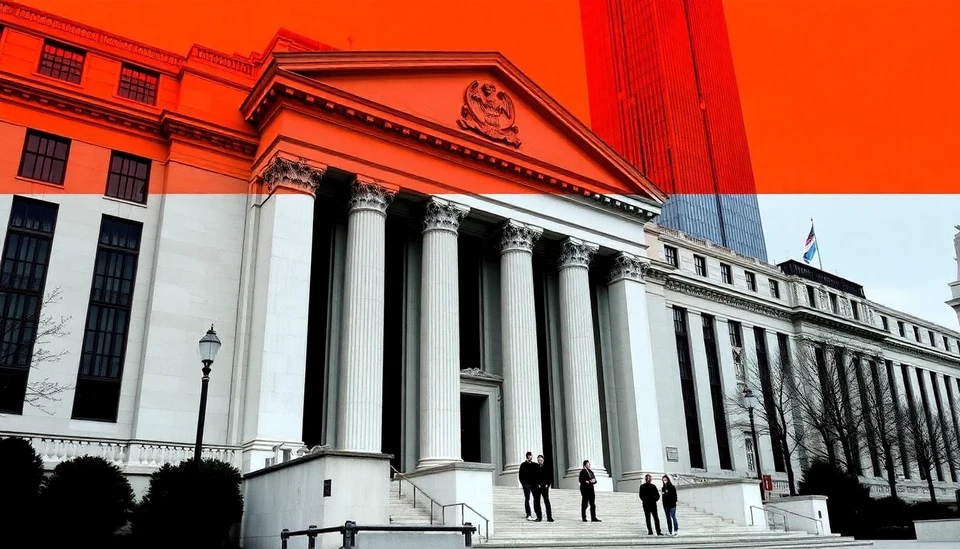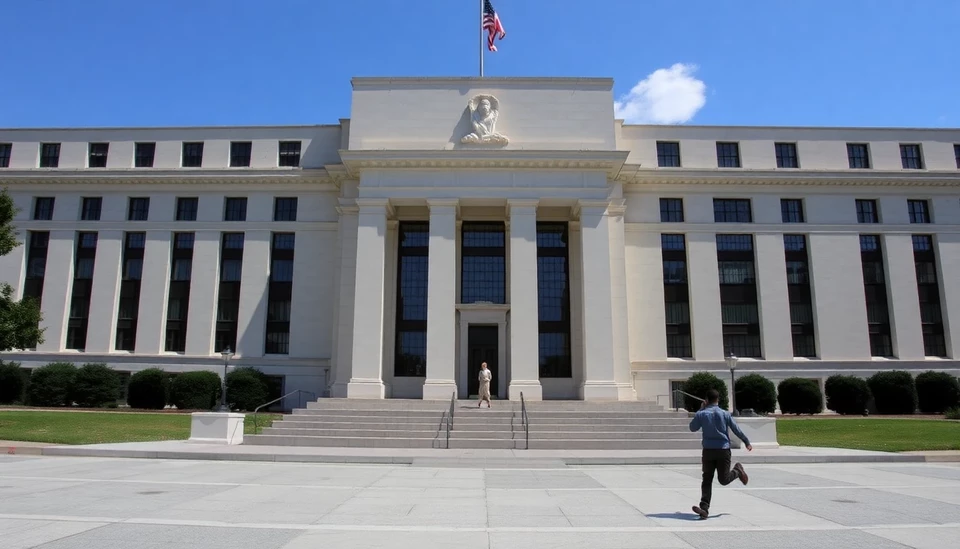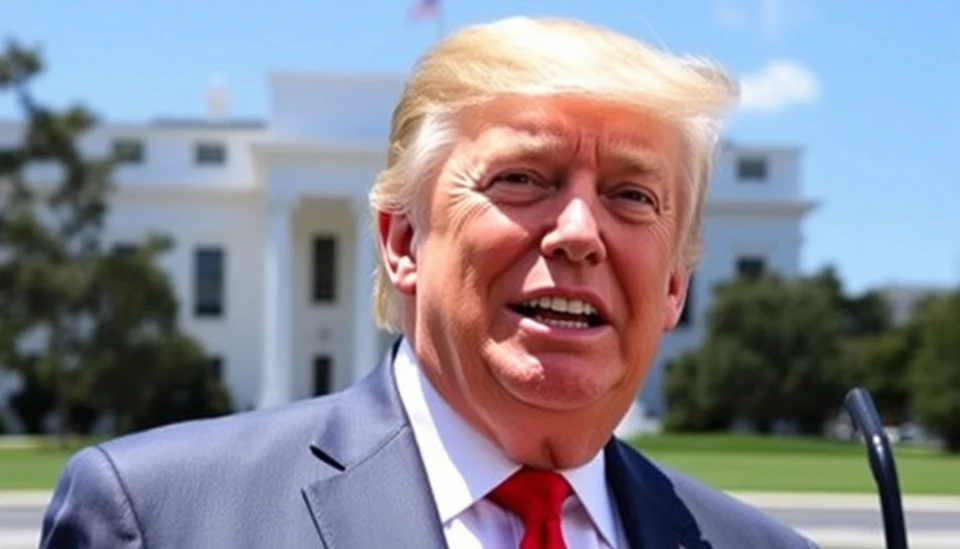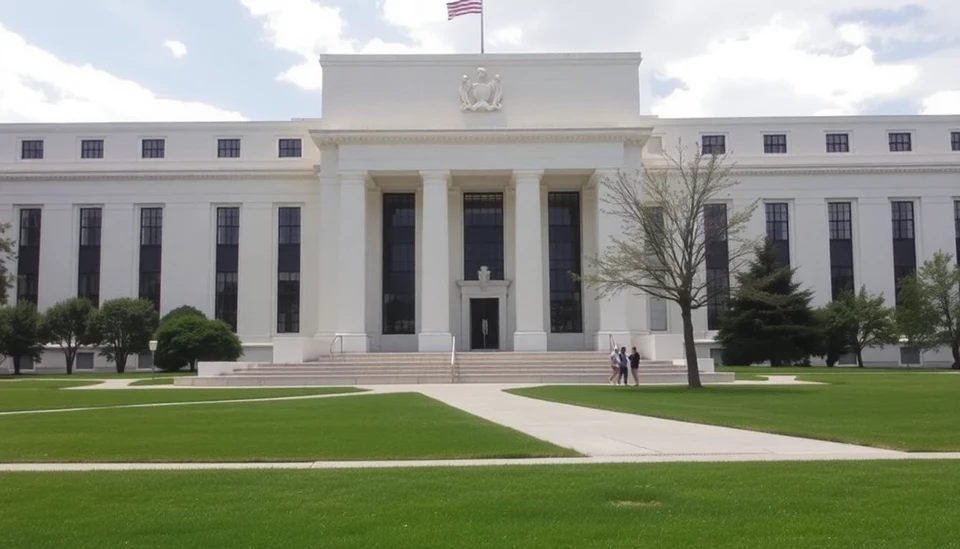
According to a recent statement from Federal Reserve Governor Christopher Waller, the economic repercussions of tariffs on inflation are anticipated to be short-lived. Addressing concerns about rising prices linked to trade policies, Waller reassured that the current inflationary pressures will likely dissipate over time as market conditions stabilize.
Waller's comments come amidst heightened scrutiny surrounding the role of tariffs and their influence on consumer prices. With the Fed's dual mandate of maximizing employment and stabilizing prices, the central bank continues to monitor inflation trends closely. Waller emphasized the importance of distinguishing between temporary disruptions caused by tariffs and enduring inflationary trends that could necessitate a change in monetary policy.
The backdrop of this discussion includes ongoing debates among economists and policymakers about the effectiveness of tariffs as a tool for protecting domestic industries and shaping economic strategies. While some argue that tariffs may shield American workers and create jobs, others express concerns about the broader impact on prices and global trade dynamics.
Waller's insights reflect a broader understanding within the Federal Reserve of the transient nature of some inflationary pressures. As global supply chains adjust, and as businesses react to new market conditions, it is believed that the inflation rate will gradually return to more acceptable levels without the need for aggressive interest rate hikes.
As part of his remarks, Waller also highlighted ongoing efforts by the Fed to communicate its policies effectively to ensure transparency and build confidence among markets and consumers. He asserted the importance of keeping the public informed about the Fed's approach to managing inflation, particularly during times of economic uncertainty.
In summary, while tariffs may contribute to certain short-term inflation spikes, Waller's assurance indicates a belief in the resilience of the economy. As the Federal Reserve continues its vigilance in monitoring the economic landscape, many look to future meetings for updates on potential shifts in policy that could influence overall economic growth and inflation rates.
In the coming months, the Fed's actions will remain a focal point as policymakers assess both domestic and international economic indicators that could affect its strategies. Observers are keen to see how Waller's predictions play out and whether tariff impacts indeed turn out to be as temporary as he expects.
#Fed #Waller #Tariffs #Inflation #Economy #MonetaryPolicy #InterestRates #EconomicOutlook #TradePolicy
Author: Rachel Greene




